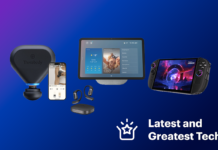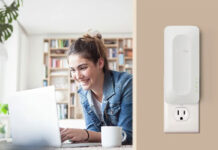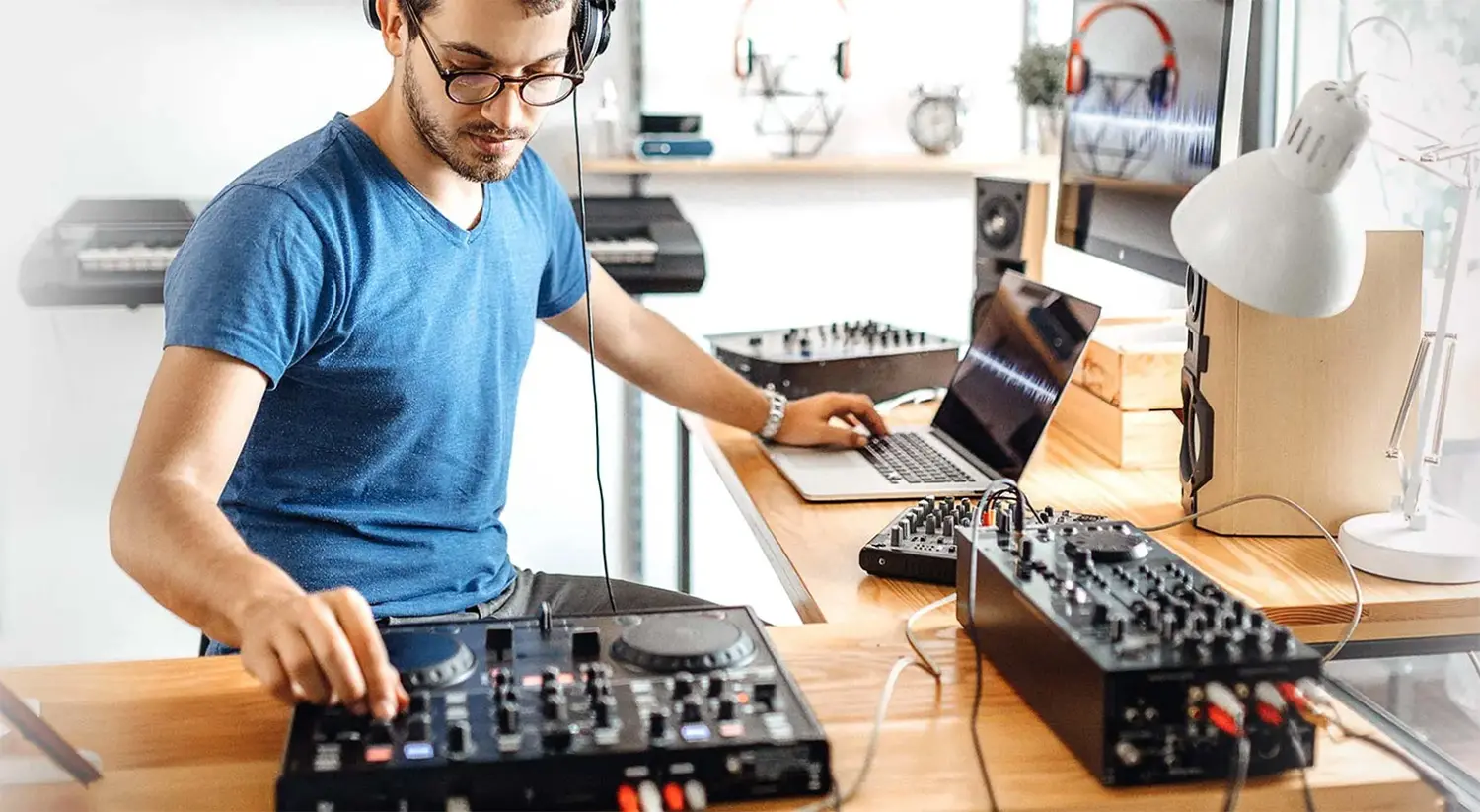
Are you passionate about music and ready to unleash your creativity by becoming a DJ? Building a solid beginner DJ setup is the first step towards your exciting journey. Whether you aspire to spin tunes at small venues or create magic in your own DJ home studio, having the right equipment is essential. Here’s the gear you might want to consider to build a beginner DJ setup that suits your needs and budget.
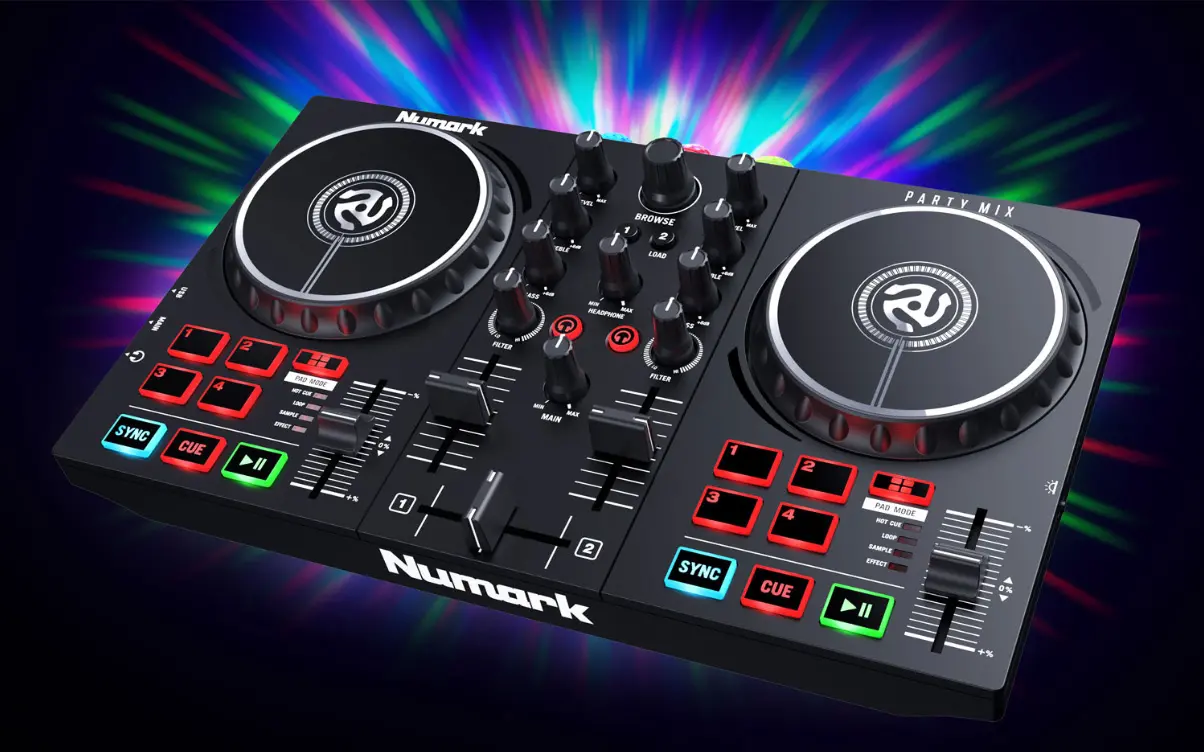
Understanding the essential DJ equipment
To create captivating DJ mixes and performances, you’ll need a few key pieces of equipment. Let’s dive into the essential components of a beginner DJ setup.
DJ controller
A DJ controller is the heart of your setup, serving as your interface to manipulate and mix music. It combines a hardware unit with software that allows you to control tracks and effects seamlessly. When selecting a DJ controller for beginners, consider the following features:
- Responsive jog wheels: Look for controllers with high-quality jog wheels for precise control over tracks, scratching, and beatmatching.
- Mixer section: Ensure the controller has a built-in mixer with EQ knobs, volume faders, and crossfader for smooth transitions between tracks.
- Performance pads: These backlit pads allow you to trigger samples, loops, and effects, adding creative flair to your mixes.
- Software compatibility: Check if the controller comes bundled with DJ software or is compatible with popular DJ applications like Serato DJ, rekordbox, or Traktor.
DJ mixer
A DJ mixer allows you to blend multiple audio sources, such as songs playing on different decks or external devices like turntables or CDJs. While beginner DJ controllers often have an integrated mixer, standalone mixers provide more flexibility as your skills progress. Consider the following factors when choosing a DJ mixer:
- Channels and inputs: Determine the number of channels you need based on the sources you’ll be mixing. Ensure the mixer has sufficient inputs for connecting your gear.
- Effects and filters: Look for mixers with built-in effects and filters to add excitement and texture to your mixes.
- Sound quality: Opt for mixers with high-quality audio circuitry to ensure clear and crisp sound reproduction.
- Compatibility: If you plan to incorporate vinyl or CDJs in the future, make sure the mixer has the necessary connections and support.
DJ gear and accessories
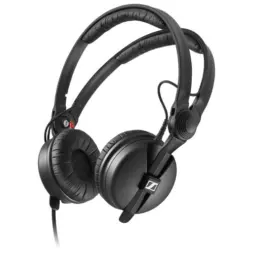
Completing your beginner DJ setup involves a range of gear and DJ accessories that enhance your performance and protect your equipment. Some important items to consider include:
- Headphones: Invest in a good pair of closed-back DJ headphones for accurate monitoring and cueing.
- Cables and Adapters: Ensure you have the necessary cables to connect your gear, including RCA cables, XLR cables, and adapters.
- Cases and Bags: Protect your equipment during transport with sturdy cases and bags designed for DJ gear.
- Stands and Mounts: Consider stands or mounts for your controller, laptop, and speakers to optimize ergonomics and improve workflow.
Setting up your DJ home studio
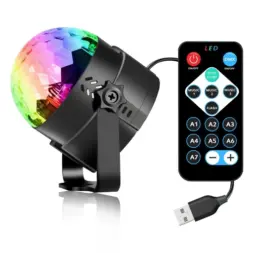
Creating a dedicated DJ home studio is essential for practicing and refining your DJ skills. To begin, select a suitable room that offers enough space for your equipment and allows for comfortable movement. Consider the acoustics of the room and use sound-absorbing materials such as foam panels or acoustic panels to minimize sound reflections and enhance audio quality. Additionally, ensure there are sufficient power outlets nearby to accommodate your DJ equipment.
When it comes to the speaker and audio setup, active (powered) speakers with built-in amplifiers are convenient and provide better sound quality. Position your speakers at ear level and angle them towards your listening position to ensure optimal sound dispersion. If you’re looking for improved sound quality and the ability to connect external audio sources like turntables or CDJs, consider using an audio interface. Use room correction software or a spectrum analyzer to calibrate your speakers for accurate audio reproduction.
To enhance the visual aspect of your DJ performances, you can incorporate lighting into your DJ setup. LED lights are a popular choice due to their energy efficiency, vibrant colours, and versatility. Consider lights with various effects like strobing, colour fading, or pattern projection to create an immersive atmosphere. You can use DMX controllers or software to synchronize your lights with the music and control their intensity and timing.
Recording DJ sets: Capture and share your performances
Recording your DJ sets is a fantastic way to preserve your performances and share them with others, allowing you to showcase your skills and reach a wider audience. To ensure successful recordings, it’s crucial to have the right equipment in place. Here’s a breakdown of the essential recording equipment for capturing your DJ sets:
- Audio interface: An audio interface acts as the bridge between your DJ controller or mixer and your computer. It converts analog audio signals into digital data that can be recorded. Choose an audio interface with multiple inputs to accommodate all your audio sources.
- Cables: High-quality cables are essential for maintaining audio fidelity during recording. Use balanced cables like XLR or TRS cables to connect your DJ controller or mixer to the audio interface. Ensure the cables are in good condition and properly connected to prevent any audio interference or signal degradation.
- Recording software: Selecting the right recording software is crucial for capturing your DJ sets. Features such as multi-track recording, real-time effects, and editing tools will enhance your recording experience.
- Microphone (optional): If you want to capture crowd reactions or add live commentary to your DJ sets, consider using microphones. Dynamic microphones are ideal for live environments, as they offer good feedback rejection. Use microphone stands or mounts to position the microphones appropriately for optimal sound capture.

By ensuring you have the necessary recording equipment, including an audio interface, high-quality cables, recording software, and optional microphones, you’ll be well-equipped to capture your DJ sets with exceptional sound quality.
Find the gear you need for your DJ setup
Building a beginner DJ setup is an exciting journey that sets the foundation for your DJing aspirations. By understanding the essential equipment, setting up a dedicated DJ home studio, being mindful of budget-friendly options, and considering maintenance and expansion, you can create a high-quality setup that aligns with your needs and aspirations.
Don’t forget the power of recording your DJ sets! By capturing your performances, you can preserve your mixes, share them with others, and showcase your skills to a wider audience. With the right gear, passion for music, and the ability to record and share your DJ sets, you’ll be ready to unleash your creativity and embark on an incredible DJing adventure.
This article was drafted using AI technology and then reviewed, fact-checked, and revised by a member of our editorial team.



